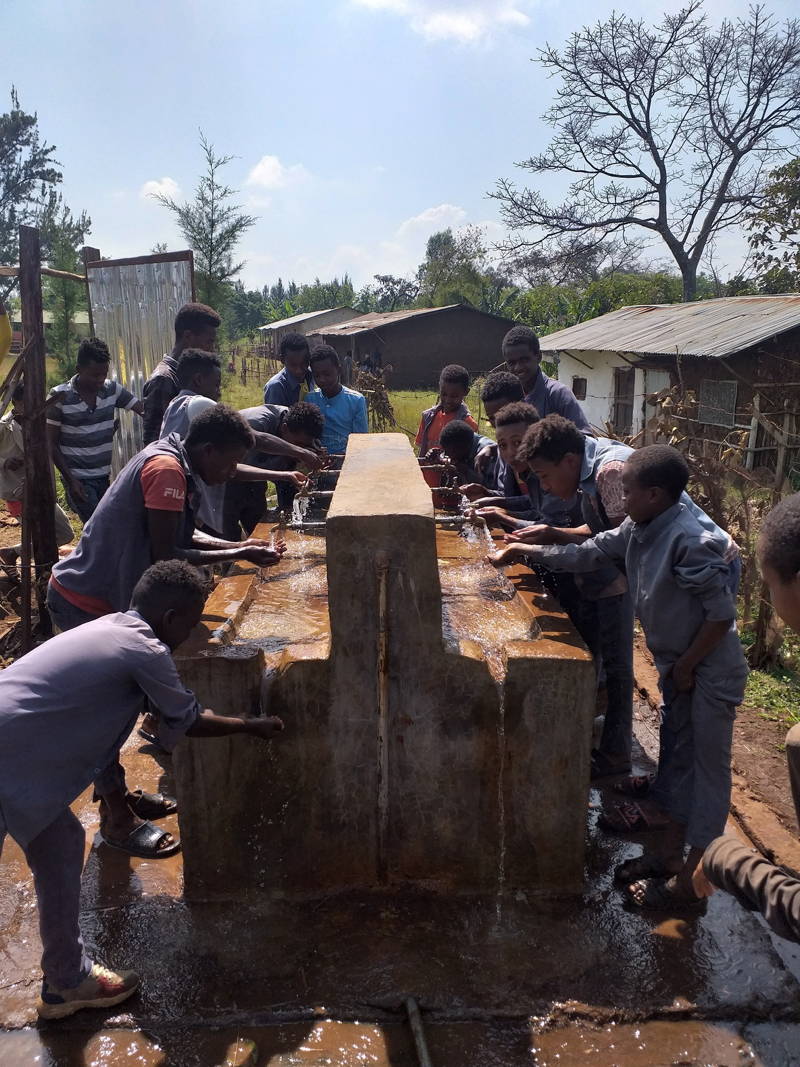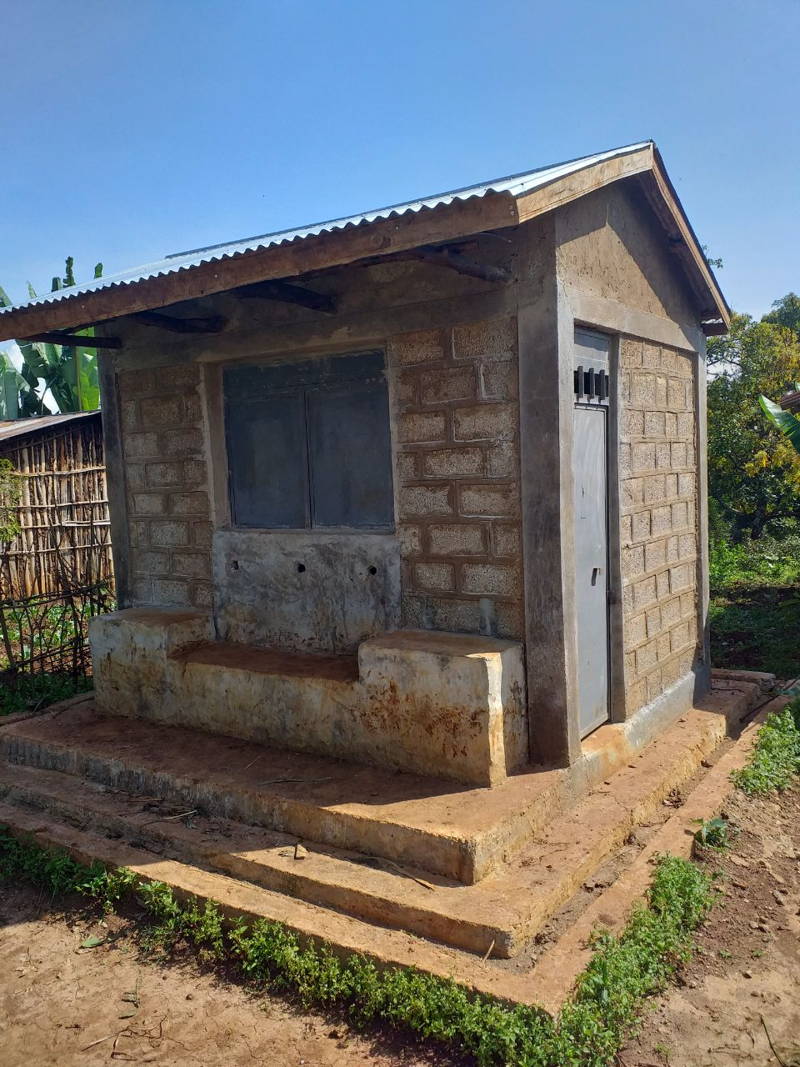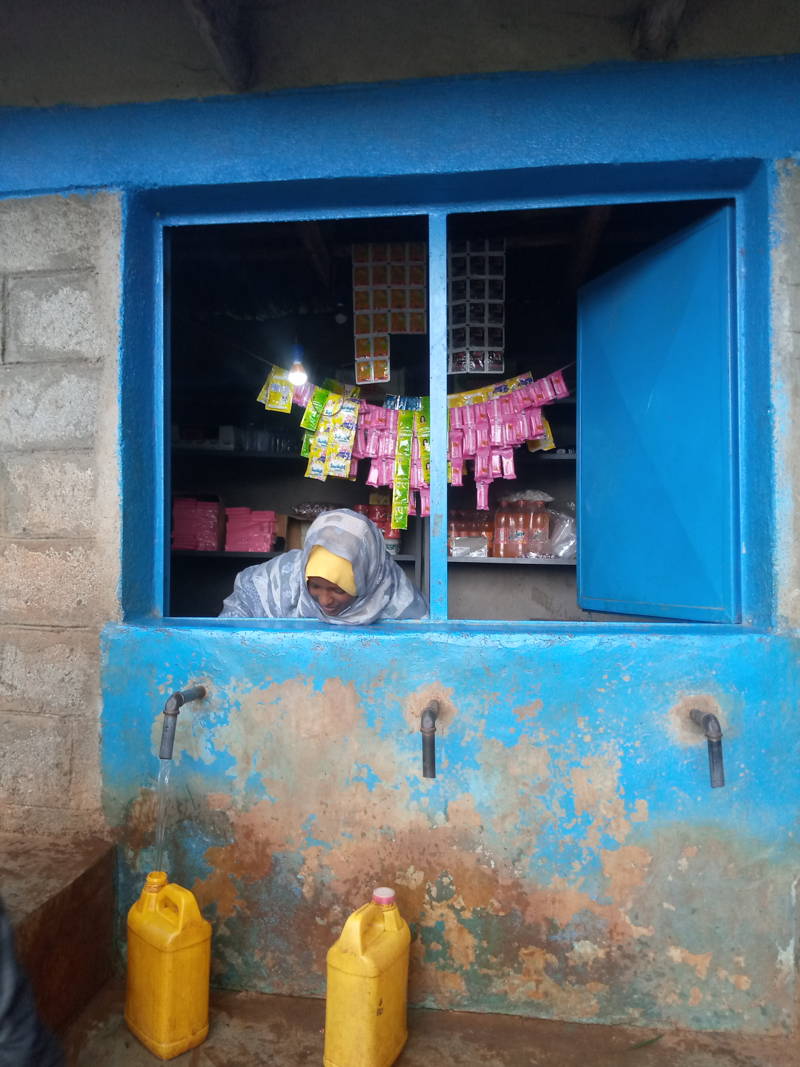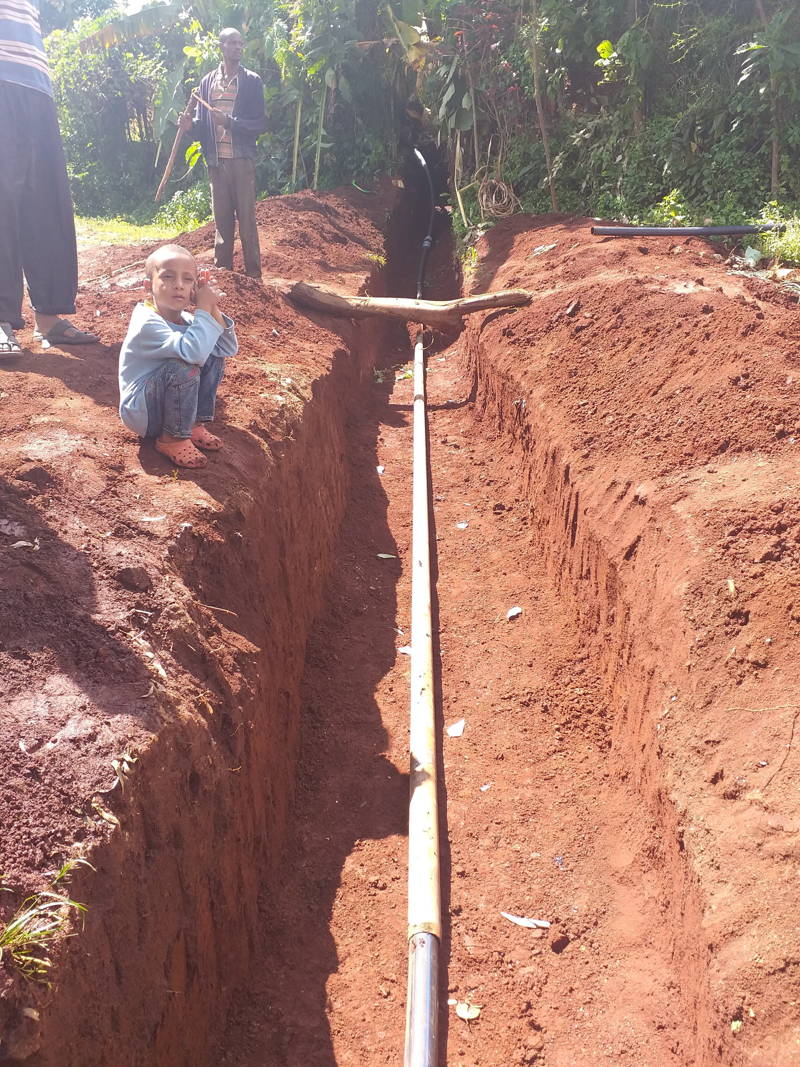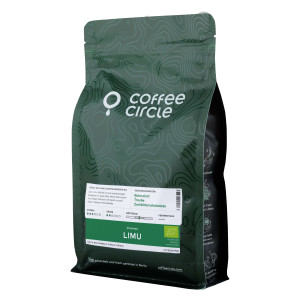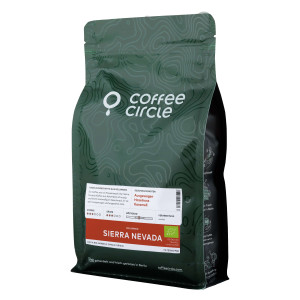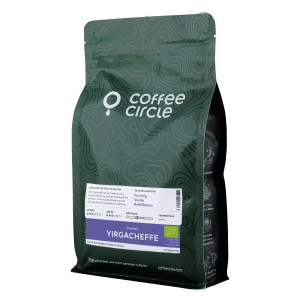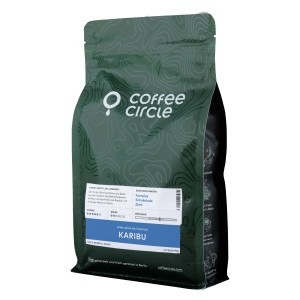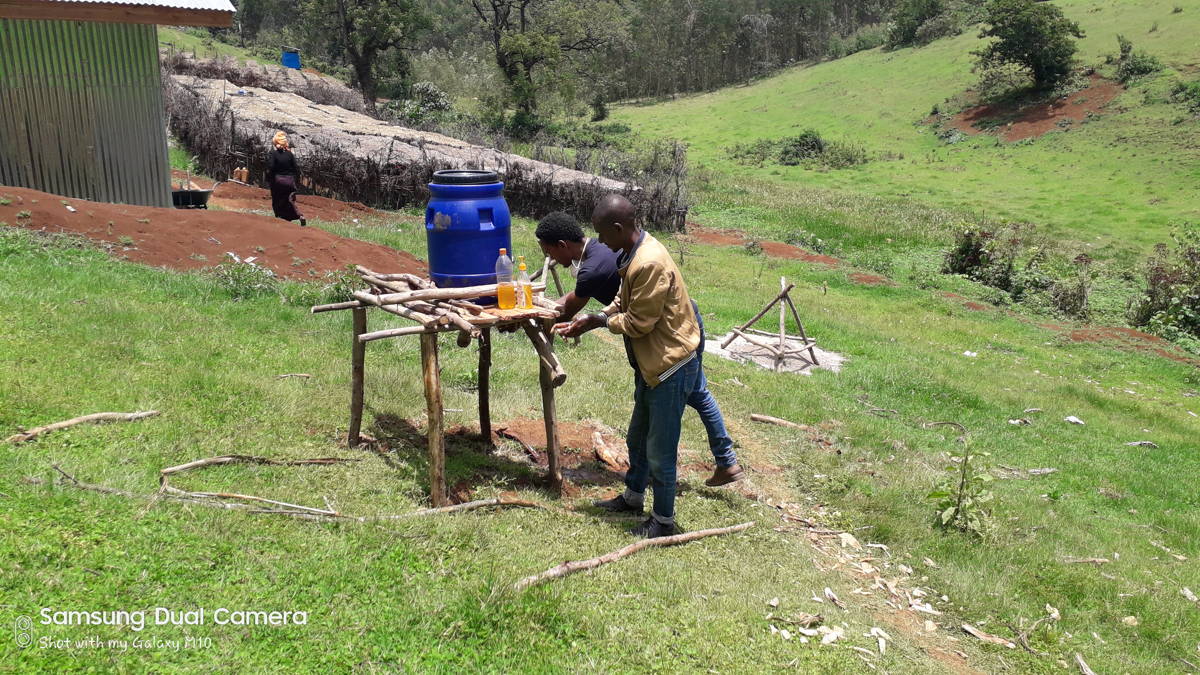
Since 2015, we have been working with you to provide access to clean drinking water, improved hygiene and healthy nutrition in rural communities in western Ethiopia. Last year presented new challenges for the whole world and for our team. Here we tell you what impact COVID-19 had on our project work!
The pandemic is having a huge impact on the health system in all countries around the world, but especially in countries with low hygiene standards and a lack of resources, such as Ethiopia.
As early intervention and education limit the impact of a pandemic, our local Welthungerhilfe project team participated in Immediate Action for COVID-19 Prevention. The pandemic outbreak highlighted once again how important access to clean water and hygiene measures are for our health.
Teams responded quickly to educate and equip people in the region with hygiene supplies. In a very short time, more than 45,000 people were reached with educational posters and public appeals. In addition, hygiene supplies such as soap, disinfectants, masks and gloves were distributed in more than 200 villages and numerous health posts.
In the Jimma region, many people live in rural areas. In order to provide the villages with sufficient information and ongoing support, community volunteers have been selected to support the health workers and take the hygiene measures to the villages. The situation still remains a major challenge.
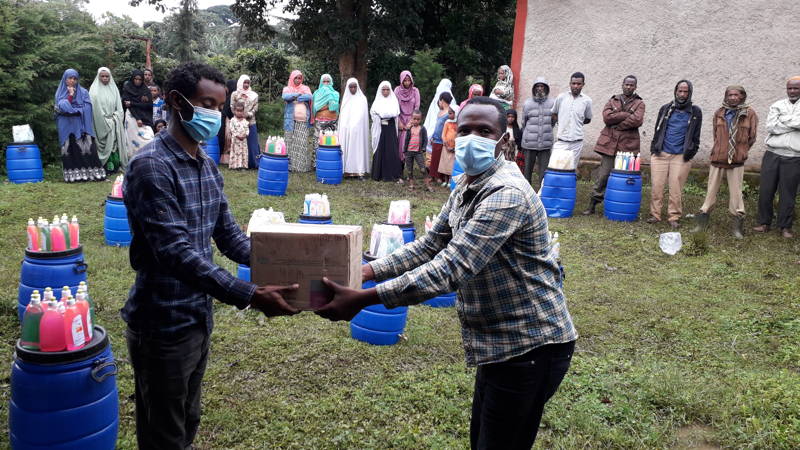
Despite the restrictions imposed by COVID-19, we were also able to implement a number of measures in 2020 and move ever closer to our goal. Here you can learn more about measures in the hygiene and water sector.
Cooking and nutrition courses for families
In many parts of Ethiopia, malnutrition among the population remains a major problem, especially for women and children. Working with local communities, we have held cooking and nutrition courses with our team in the field with more than 940 women. The goal of the courses is to provide education and practical tips on balanced nutrition. Unbalanced nutrition and lack of resources lead to malnutrition, especially among children, with harmful consequences for their health. As part of the courses, more than 580 children were screened for malnutrition by trained personnel. If critical levels were found, the children and their parents received care and support from doctors throughout the course.
As direct aid, an additional 560 kg of food (powdered beans, barley, corn, fandisha, coffee, oil and sugar) was distributed to families in the communities.
Water Pipelines & Water Kiosks
Contaminated drinking water and poor hygiene is one of the biggest sources of disease. Since 2014, we have been working to provide access to clean drinking water in the region around Jimma.
What happened last year?
- Access to clean drinking water for five schools and social institutions.
- Built three water kiosks and hired staff to distribute water and maintain the kiosks.
This improves the hygiene of local people and prevents the spread of diseases. In Mana District and Seta Chekorsa District, more than 15 kilometers of pipes were laid last year, giving another five schools and other institutions, such as mosques and churches, access to clean water. To provide people with clean drinking water, food and other necessities, three more kiosks have been built in Seka Chekorsa District and four already built kiosks in Mana District have been equipped with solar panels, making it possible to charge cell phones and lights there.
Highlight:
In Mana, Seka Chekorsa and Gomma districts, 10,000 farm families have been supported. They have access to healthy food, clean drinking water and improved hygiene practices. In addition, 500 families have been trained in agricultural practices to diversify the cultivation of their produce, including the production of fruits and vegetables. Refresher training in nutrition-sensitive agriculture has also been provided to community development workers.
